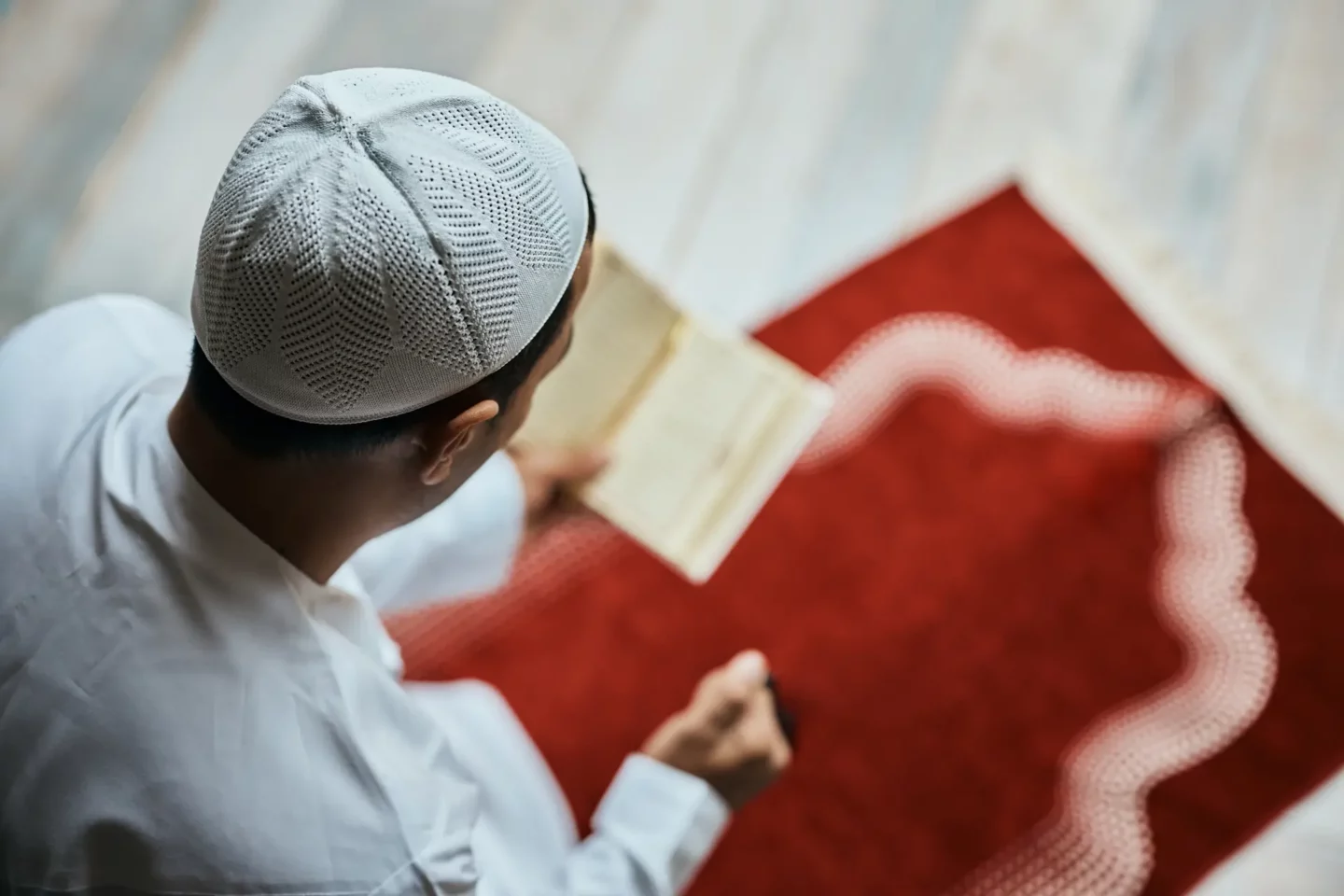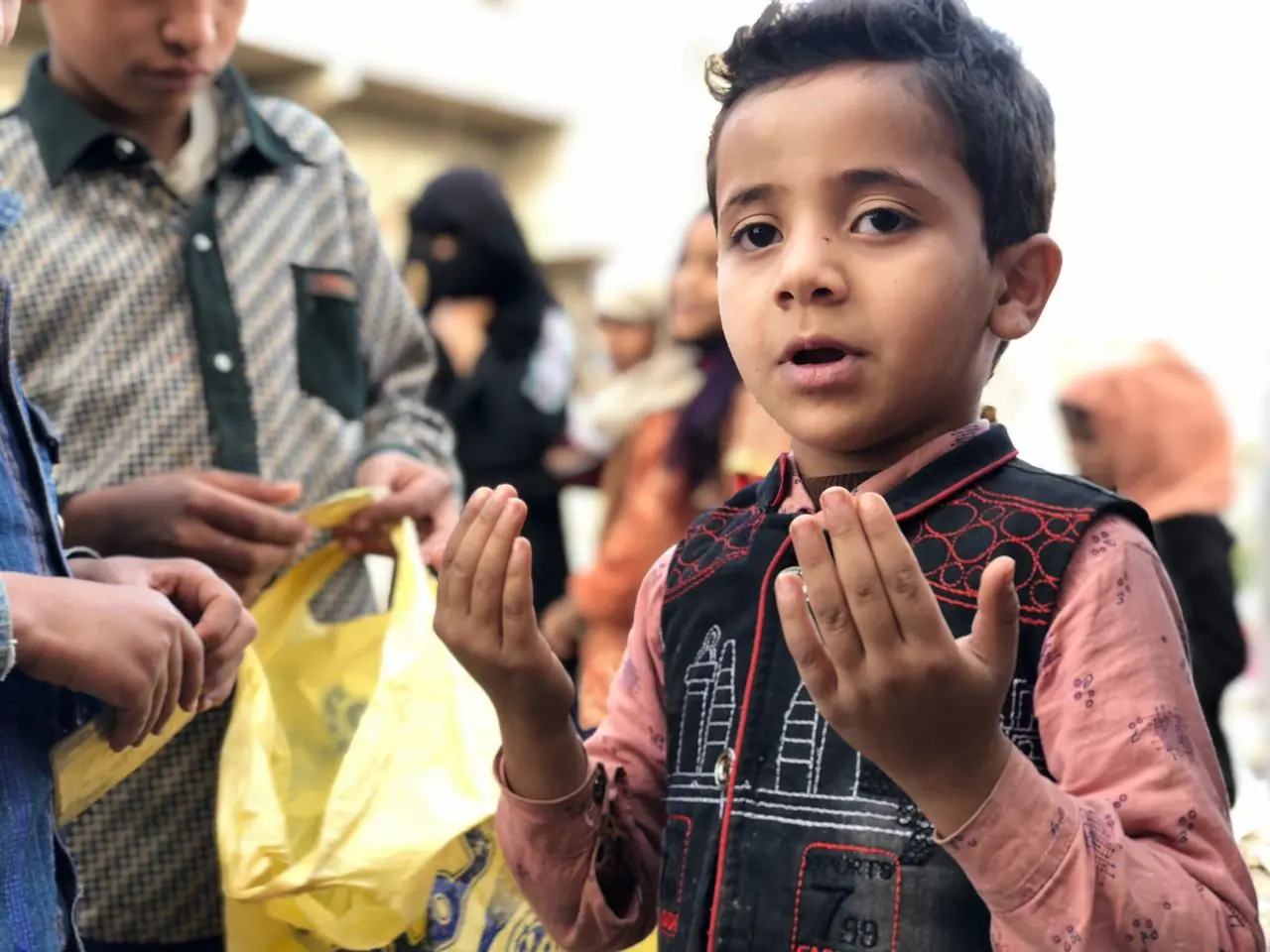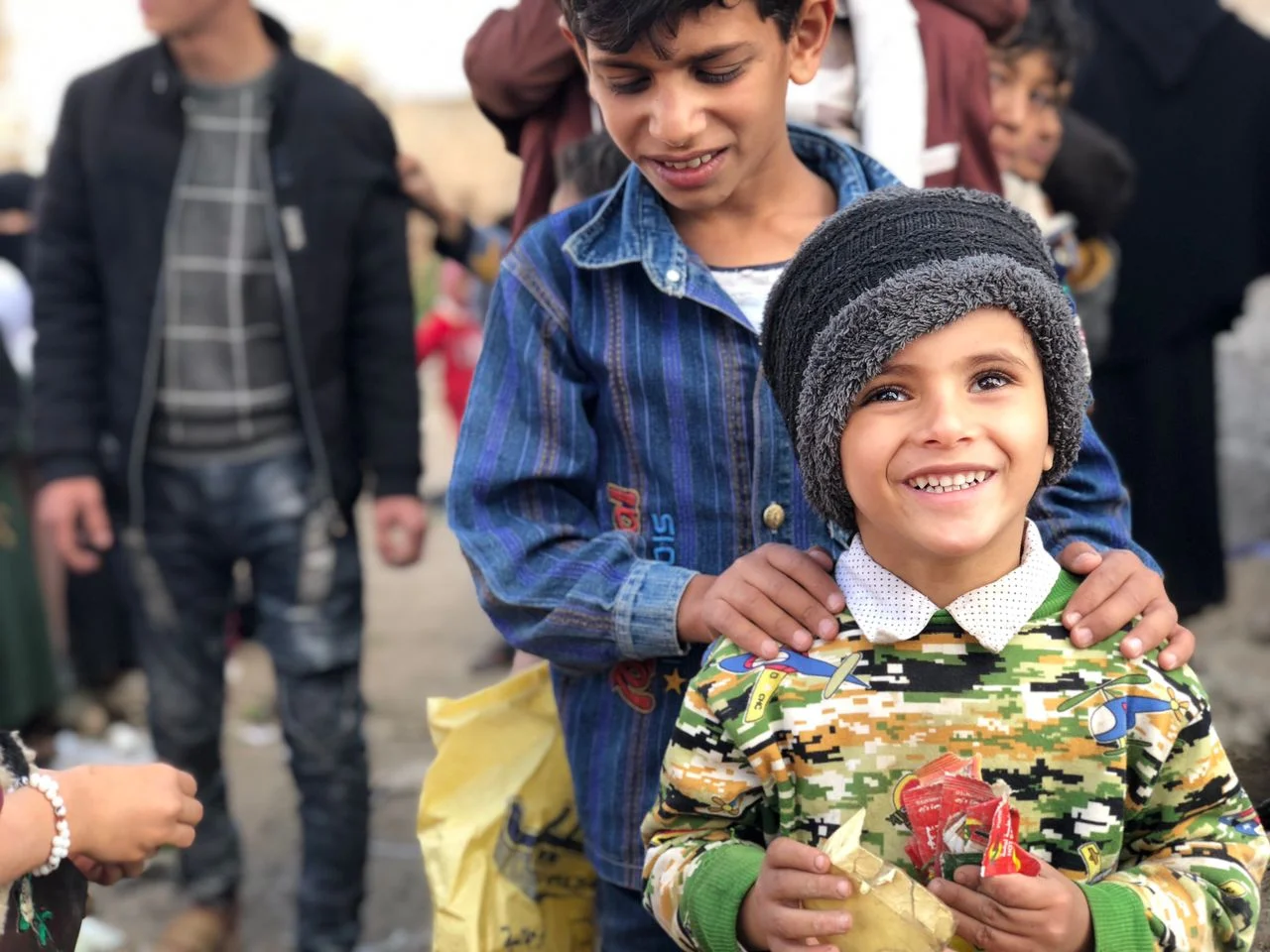5 Duas to Make When Someone Dies From the Quran and Sunnah
Everyone will face the inevitability of death. Allah says in surah An Nahl, verse number 96, in translation: “Whatever you have will end, but whatever Allah has is everlasting.”
It is all in the will of Allah that our life in this world is limited. Unless you’re very lucky, most of us have experienced death. So what supplications (duas) should you make for the deceased? Here are 5 duas that you can make for the deceased with evidence from the Quran and Sunnah/Hadiths
First Thing to Say After Someone’s Death:
إِنَّا لِلَّهِ وَإِنَّآ إِلَيْهِ رَٰجِعُونَ
Inna lillahi wa inna ilayhi raji’un
Indeed we belong to Allāh, and indeed to Him we will return
The evidence from the Quran, in translation:
And We will surely test you with something of fear and hunger and a loss of wealth and lives and fruits, but give good tidings to the patient, who, when disaster strikes them, say, “Indeed we belong to Allāh, and indeed to Him we will return.”
Quran 2:156
Dua After Someone’s Death:
اللَّهُمَّ اغْفِرْ لَهُ ، وَارْفَعْ دَرَجَتَهُ فِي الْمَهْدِيِّينَ ، وَاخْلُفْهُ فِي عَقِبِهِ فِي الْغَابِرِينَ ، وَاغْفِرْ لَنَا وَلَهُ يَا رَبَّ الْعَالَمِينَ ، وَافْسَحْ لَهُ فِي قَبْرِهِ ، وَنَوِّرْ لَهُ فِيهِ
Allāhumma-ghfir lah, wa-rfaʿ darajatahū fi-l-mahdiyyīn, wa-khlufhu fi ʿaqibihi fi-l-ghābirīn, wa-ghfir lanā wa lahū yā Rabba-l-ʿālamīn, wa-fsaḥ lahū fi qabrih, wa nawwir lahū fīh.
O Allah, forgive him, raise his rank among those who are guided, and take care of those he leaves behind him. Forgive us and him, O Lord of the worlds; expand his grave for him and illuminate it for him.
The evidence from the Sunnah, in translation:
Umm Salama reported: The Messenger of Allah (may peace be upon came to Abu Salama (as he died). His eyes were fixedly open. He closed them, and then said: When the soul is taken away the sight follows it. Some of the people of his family wept and wailed. So he said: Do not supplicate for yourselves anything but good, for angels say” Amen” to what you say. He then said: O Allah, forgive Abu Salama, raise his degree among those who are rightly guided, grant him a successor in his descendants who remain. Forgive us and him, O Lord of the Universe, and make his grave spacious, and grant him light in it.
Sahih Muslim 920a
Condolence to Say to Someone Who’s Loved One Has Died:
إِنَّ لِلَّهِ مَا أَخَذَ ، وَلَهُ مَا أَعْطَى ، وَكُلٌّ عِنْدَهُ بِأَجَلٍ مُسَمًّى، فَلْتَصْبِرْ وَلْتَحْتَسِبْ
Inna lillāhi mā akhadh, wa lahū mā aʿaṭā, wa kullun ʿindahū bi-ajali-m-musammā, fal-taṣbir wa-l-taḥtasib.
Indeed to Allah Alone belongs what He took, and to Him Alone belongs what He gave, and everything with Him has an appointed time; thus, be patient and hope for Allah’s reward.
The evidence from the Sunnah, in translation:
Narrated Usama bin Zaid:
The daughter of the Prophet (p.b.u.h) sent (a messenger) to the Prophet (ﷺ) requesting him to come as her child was dying (or was gasping), but the Prophet (ﷺ) returned the messenger and told him to convey his greeting to her and say: “Whatever Allah takes is for Him and whatever He gives, is for Him, and everything with Him has a limited fixed term (in this world) and so she should be patient and hope for Allah’s reward.”
Dua for the Deceased During the Janazah Prayer:
اللَّهُـمَّ اغْفِـرْ لَهُ وَارْحَمْـهُ ، وَعَافِهِ وَاعْفُ عَنْـهُ ، وَأَكْـرِمْ نُزُلَـهُ وَوَسِّـعْ مُدْخَـلَهُ ، وَاغْسِلْـهُ بِالْمَـاءِ وَالثَّلْجِ وَالْبَرَدِ ، وَنَقِّـهِ مِنَ الْخَطَـايَا كَمَا نَـقَّيْتَ الـثَّوْبَ الأَبْيَـضَ مِنَ الدَّنَـسِ ، وَأَبْـدِلْهُ دَارًا خَـيْرًا مِنْ دَارِهِ ، وَأَهْلًا خَـيْرًا مِنْ أَهْلِـهِ ، وَزَوْجًا خَـيْرًا مِنْ زَوْجِهِ ، وَأَدْخِـلْهُ الْجَـنَّةَ ، وَأَعِـذْهُ مِنْ عَذَابِ الْقَـبْرِ وَعَذَابِ النَّـارِ
Allāhumma-ghfir lahū wa-rḥamh, waʿāfihī waʿfu ʿanh, wa akrim nuzulahuū wa wassʿi mudkhalah, wa-ghsilhu bi-l-māi’ wa-thalji wa-l-barad, wa naqqihī mina-l-khaṭāyā kamā naqqayta-th-thawba-l-abyaḍa mina-d-danas, wa abdilhu dāran khayra-m-min dārih, wa ahlan khayra-m-min ahlih, wa zawjan khayra-m-min zawjih, wa adkhilhu-l-jannah, wa-aʿidh-hu min ʿadhābi-l-qabri wa ʿadhābi-n-nār.
O Allah, forgive him and have mercy on him. Protect him and pardon him. Grant him an honourable reception and widen his entrance. Wash him with water, snow and ice, and purify him from sin as a white garment is purified of dirt. Exchange his home for a better home, his family for a better family, and his spouse for a better spouse. Admit him into Paradise, and protect him from the punishment of the grave and the punishment of the Hell-Fire.
The evidence from the Sunnah, in translation:
Jubair b. Nufair says:
I heard it from ‘Auf b. Malik that the Prophet (ﷺ) said prayer on the dead body, and I remembered his prayer:” O Allah! forgive him, have mercy upon him, give him peace and absolve him. Receive him with honour and make his grave spacious; wash him with water, snow and hail. Cleanse him from faults as Thou wouldst cleanse a white garment from impurity. Requite him with an abode more excellent than his abode, with a family better than his family, and with a mate better than his mate. Admit him to the Garden, and protect him from the torment of the grave and the torment of the Fire.”
When Visiting the Graveyard:
اَلسَّلَامُ عَلَيْكُمْ أَهْلَ الدِّيَارِ مِنَ الْمُؤْمِنِيْنَ والْمُسْلِمِيْنَ ، وَإِنَّا إِنْ شَاءَ اللهُ بِكُمْ لاَحِقُونَ ، نَسْأَلُ اللهَ لَنَا وَلَكُمُ الْعَافِيَةَ
As-salāmu ʿalaykum ahla-d-diyāri minal-mu’minīna wal-muslimīn, wa innā in shā’a-llahu bikum lāḥiqūn, as’alullāha lanā wa-lakumu-l-ʿāfiyah.
Peace be upon you, O believing and Muslim dwellers of this place. Certainly, Allah willing, we will join you. We ask Allah to grant us and you well-being.
The evidence from the Sunnah, in translation:
It was narrated from Sulaiman bin Buraidah that his father said:
“The Messenger of Allah (ﷺ) used to teach them, when they went out to the graveyard, to say: Peace be upon you, O inhabitants of the abodes, believers and Muslims, and we will join you soon if Allah wills. We ask Allah for well-being for us and for you.’”
Giving charity on behalf of the deceased:
One of the most meaningful ways to honour the memory of a loved one who has passed away is by engaging in acts of charity on their behalf. In Islam, this is known as “Sadaqah Jariya,” which translates to “continuous charity” or “ongoing charity.” It is a profound way to extend the positive impact of a person’s life even after they have left this world.
Conclusion:
Sadaqah Jariya can take various forms, but its essence lies in the idea that the rewards for these acts of charity continue to benefit the deceased and others in need indefinitely. In our charitable organisation, we offer a diverse range of projects that allow you to select the form of Sadaqah Jariya that resonates most with your values and the wishes of your beloved. Whether it’s building wells to provide clean water, constructing mosques for worship and community development, supporting the needy with food and shelter, or helping build homes for those without adequate housing – you have the opportunity to choose a project that reflects the enduring impact your loved one had on your life and the lives of others.
Keep in mind that dua is an act of worship, and like all acts of worship, it should be exclusively directed to Allah.
May Allah, in His infinite mercy, grant acceptance to these duas and allow it to benefit the departed souls for whom you are making them.




